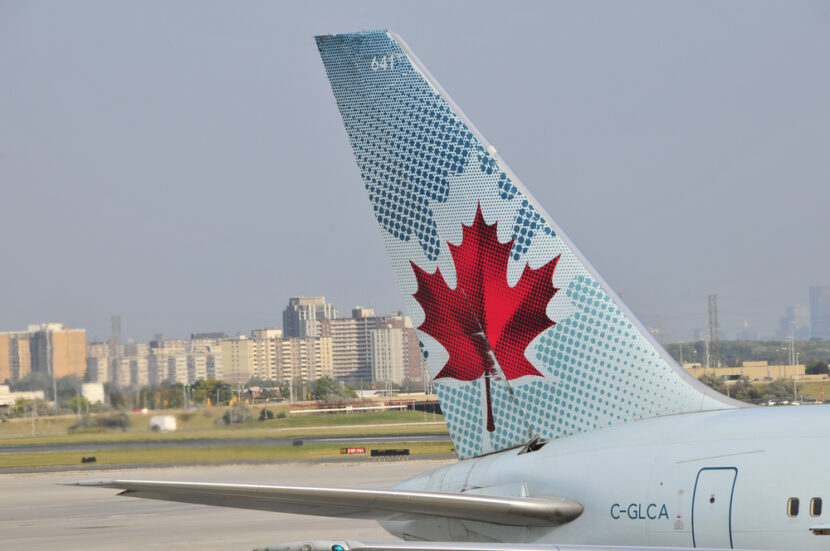MONTREAL – Air Canada is opting out of federal funding regulations originally designed to give the country’s largest airline relief in dealing with a major pension solvency deficit that no longer exists.
The company said Tuesday the move is effective immediately.
The regulations, a continuation of relief granted the airline earlier as it struggled with a shortfall that peaked at $4.2 billion in 2012, required Air Canada to make solvency deficit payments of $200 million per year, on average, over seven years.
It also prohibited it from paying shareholder dividends or making stock buybacks, both moves that would tend to increase its share price.
Montreal-based Air Canada said its aggregate solvency pension surplus as of May 20 has been estimated at $1.2 billion, up from $660 million as of Jan. 1 and well above the $89-million surplus on Jan. 1, 2014.
While the airline made no mention of plans to offer a dividend, it said it had received approval from the Toronto Stock Exchange to purchase for cancellation up to 10 million shares representing 3.49 per cent of those outstanding.
“Our ability to return to normal funding rules for our pension plans represents a highly significant and positive milestone in the execution of our strategy to transform Air Canada into a sustainably profitable company for the long term,” president and CEO Calin Rovinescu said in a statement announcing the decision.
“Our three primary pension objectives were to secure our employees’ and retirees’ pensions, eliminate the pension solvency deficit and ensure that the costs associated with maintaining the pension plans remain affordable, predictable and stable. We have, over the past six years, achieved all three objectives.”

